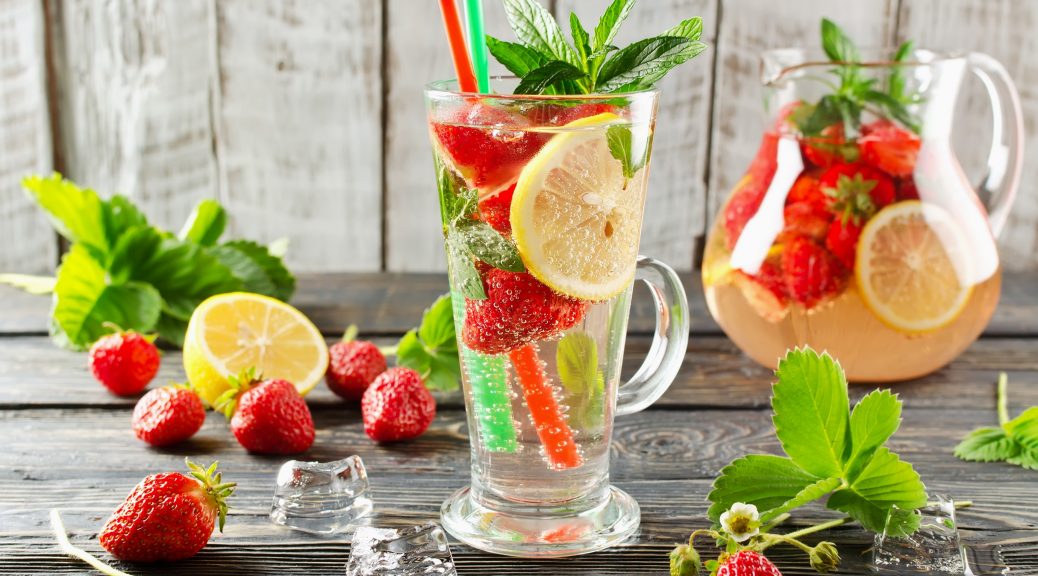What are your go-to beverages? Have your preferences changed over the past few years to include choices with less sugar? If so, you aren’t alone. Recent research has shown that consumers have the same concerns when it comes to choosing a beverage from the office break room vending machine as they do when choosing a snack.
Consumers are looking for variety, simpler labels, and more functional ingredients. There is, however, one more factor that is a bit more important when it comes to choosing both snacks and beverages—balancing sugar and calorie consumption.
And, it appears that New York City consumers are aware of its importance as soda consumption has declined for the 12th straight year. Smaller containers, an increase in prices for consumers, and in some cities such as Berkeley, CA and Philadelphia, a soda tax have also played a role in decreasing overall consumption. And that’s a good thing.
Consuming too much sugar can be damaging to different parts of the body. A diet high in added sugar can increase the risk for developing type 2 diabetes, and heart disease, even in individuals at a healthy weight, as well as cause weight gain and cavities. Empty calories from sugar often end up excluding healthier food choices, and opening the door for a deficiency in fiber, vitamins, minerals, and other nutrients. Sugar has also been found to negatively impact one’s mood, dopamine levels, and increase inflammation especially in one’s joints and skin.
A decrease in one’s quality of health isn’t the only cost. According to Anna Lappé and Christina Bronsing-Lazalde at The New York Times,”Nationally, we spent $245 billion on diabetes medical costs in 2012. By 2030 we could be spending as much as $818 billion on the direct medical costs of heart disease.”
To avoid consuming too much processed sugar, the American Heart Association recommends “that women consume less than 100 calories of added sugar per day (about 6 teaspoons) and men consume less than 150 per day (about 9 teaspoons).” Some processed sugars are easily recognizable such as those in cakes, cookies, and pies, but there are a number of processed sugars in unsuspecting products that are much harder to find. They include corn syrup, fruit juice concentrates, high-fructose corn syrup, honey, invert sugar, malt sugar, maple sugar, molasses, and sugar molecules ending in “ose” (dextrose, fructose, glucose, lactose, maltose, sucrose).
One way to help New York City employee’s decrease the amount of processed sugar consumed while at work is to offer beverages that contain little to no processed sugar in the office break room. Plain and naturally-flavored sparkling water, fruit-infused and plain non-carbonated water, and unsweetened teas are just a few of the many choices available. Not only will you be offering your employees a refreshing beverage, but you will be helping them to live a healthier life. And healthy employees have fewer sick days and are more productive.
That sounds like a win for everyone. To learn more about adding healthy beverage and snack options to your New York City office break room vending machines, call Healthy Vending at 917.572.3671. We would be happy to help you make the switch.



